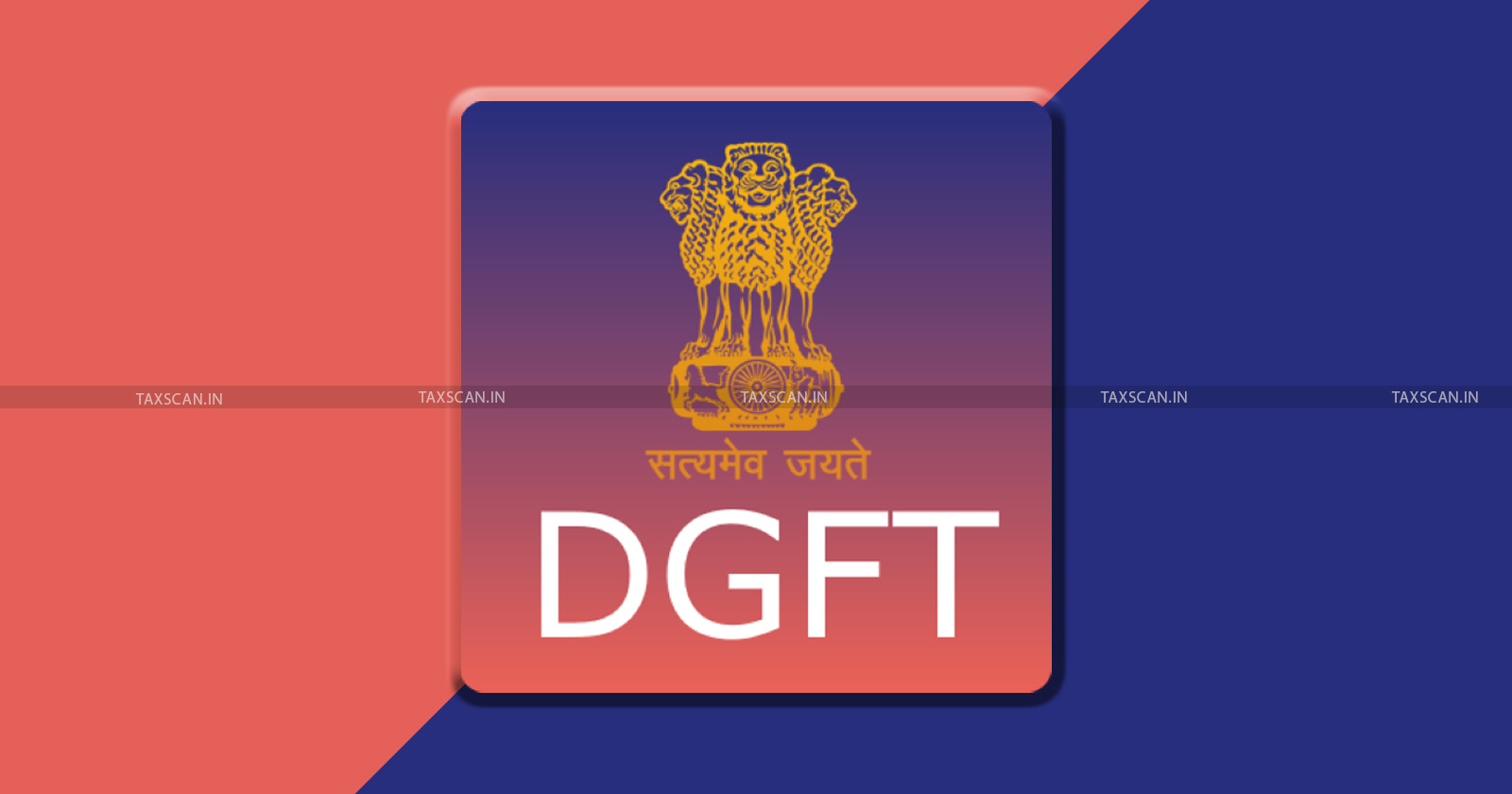DGFT Issues Trade Notice on Export of 2G Ethanol Placed Under ‘Restricted’ Authorisation
Exporters are informed that consignments may be subject to checks by relevant authorities to verify compliance with the Notification. Action in case of non-compliance will be a s per the provisions of the FTP and applicable laws.

The Directorate General of Foreign Trade ( DGFT ) has issued Trade Notice No. 12/2025-26 dated 24 September 2025, clarifying the procedural requirements for the export of Second Generation (2G) Ethanol under HS Code 22072000.
The Trade Notice follows the recent DGFT Notification No. 32/2025-26, which amended earlier provisions and placed exports of 2G ethanol under the ‘Restricted’ category, requiring prior authorisation.
The DGFT has confirmed that 2G ethanol, produced from cellulosic and lignocellulosic feedstocks such as agricultural residues, woody biomass, and algae, can be exported only if it does not compete with food crops for land use and conforms to BIS 15464 specifications. Exports are permitted for fuel, industrial, and other permissible uses, but must adhere to strict conditions.
These include compliance with BIS standards, valid export authorisation from DGFT, feedstock origin certification, accredited laboratory quality tests, safety documentation, and compliance with destination country requirements.
 Also Read:DGFT Notifies Import Restriction on ATS-8, CIF Value Below $111/Kg Restricted Till Sept 30, 2026 [Read Notification]
Also Read:DGFT Notifies Import Restriction on ATS-8, CIF Value Below $111/Kg Restricted Till Sept 30, 2026 [Read Notification]
The Trade Notice also specifies that certificates of origin for feedstock must be issued either by the jurisdictional State Excise Department or an authorised Third-Party Inspection Agency (TPIA) accredited under NABCB. Such certificates must clearly link the origin details with the corresponding batch and invoice.
The export consignments may be subject to verification checks by relevant authorities, and non-compliance will attract action under the Foreign Trade Policy (FTP) and applicable laws.
The DGFT has clarified that the Trade Notice is meant to facilitate exporters’ understanding of requirements and does not introduce any new policy but must be read in conjunction with the FTP and relevant notifications.
It states that “Certificates of origin for feedstock may be issued by the jurisdictional State Excise Department or an authorised Third Party Inspection Agency (TPIA) accredited under NABCB, as applicable. The details in such certificates should be clearly linked with the corresponding batch and invoice.
Exporters are informed that consignments may be subject to checks by relevant authorities to verify compliance with the Notification. Action in case of non-compliance will be a s per the provisions of the FTP and applicable laws.”
Support our journalism by subscribing to Taxscan premium. Follow us on Telegram for quick updates


